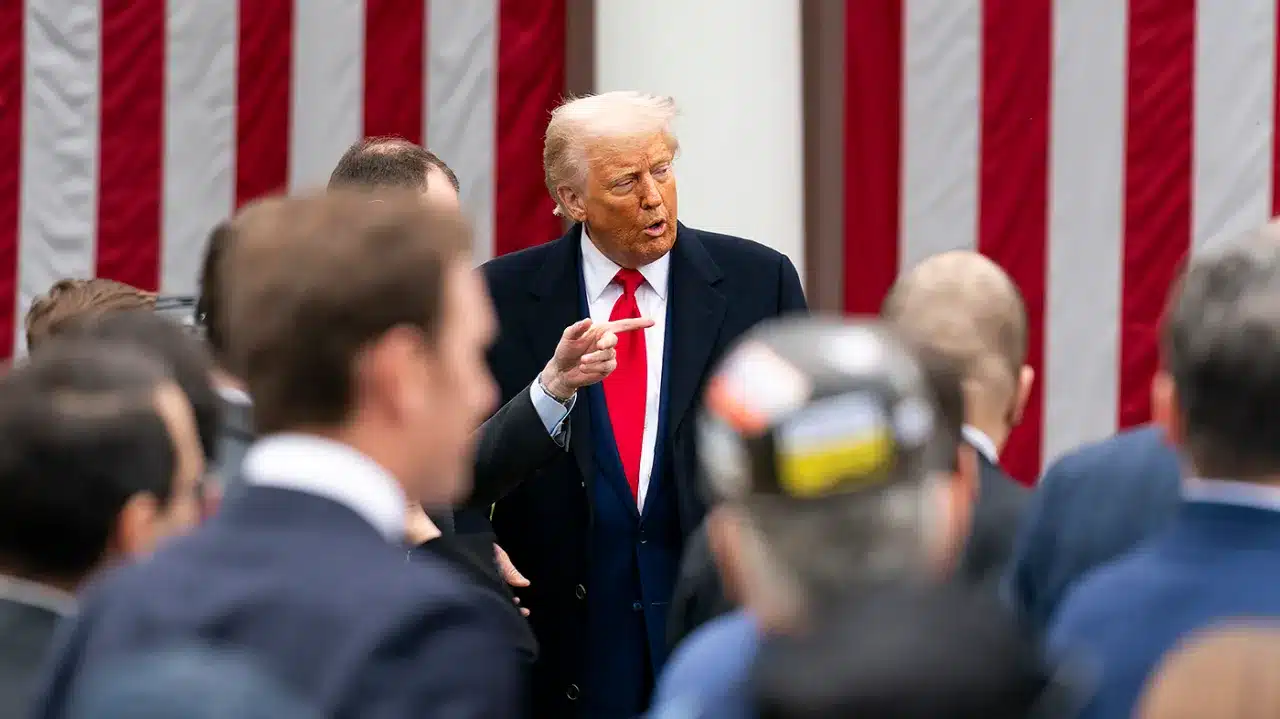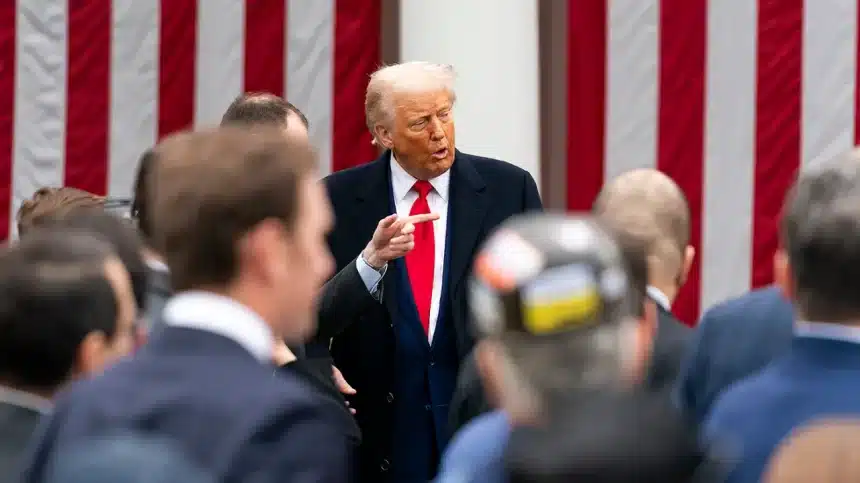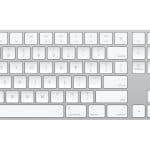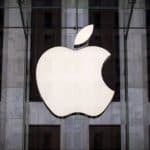Former President Donald Trump has once again put pressure on Apple, demanding that all iPhones sold in the United States be manufactured within the country. In a recent post on Truth Social, Trump stated that Apple must shift production away from countries like India or face a 25% import tariff.
This isn’t the first time Trump has targeted Apple’s overseas operations. During his previous administration, Apple received temporary exemptions from tariffs. However, those waivers are now under threat as Trump reasserts his stance on domestic production.

Tariff Threat Sparks Economic Concerns
The announcement has already impacted Apple’s market value. Shares of the tech giant dropped 3.44% in pre-market trading. Analysts worry that such a tariff could raise iPhone prices in the U.S. and disrupt Apple’s global supply chain.
Apple currently manufactures most of its iPhones in China and India. Relocating that infrastructure to the United States would require a massive investment in facilities, workforce training, and supply chain restructuring. Experts suggest that even if Apple started now, the process would take years.
Reality Check on U.S. Production
Despite Trump’s push, making iPhones in the U.S. isn’t simple. The U.S. lacks the required number of skilled workers, facilities, and access to rare materials essential for smartphone production. Industry leaders argue that it would be cheaper for Apple to pay the tariff than to reestablish its supply chain in America.
Commerce Secretary Howard Lutnick recently claimed that robotic arms could replace foreign labor, but critics called that suggestion unrealistic. Apple, for its part, has not issued any formal response to Trump’s latest comments.
Apple’s Strategic Moves
Apple has already spent nearly $900 million this quarter to manage tariff exposure. By reshoring elements of its supply chain to less-affected countries, the company has tried to balance cost and compliance. However, this new 25% tariff—if implemented—could undercut those efforts.
While the policy’s future remains uncertain, one thing is clear: Trump’s trade demands are forcing companies like Apple to reconsider the economic risks of global manufacturing.












